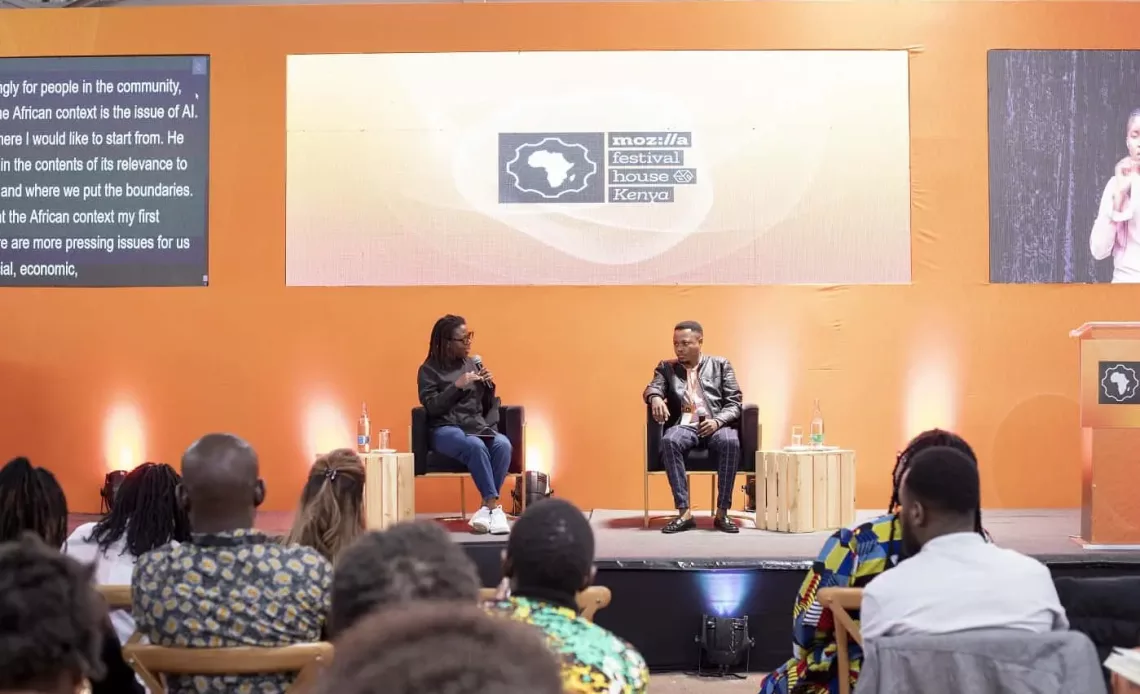
The inaugural Mozilla Festival House: Kenya has ignited a powerful dialogue among African tech communities, researchers, and human rights activists. This landmark event, held from September 22 to 25, 2023, has set the stage for addressing critical issues that are shaping the tech landscape in Africa. Among these issues, the pursuit of digital sovereignty, labor rights, and inclusion stands tall. Let’s delve into some of the highlights from this groundbreaking event.
One of the prevailing concerns discussed at the MozFest House was digital extractivism. Participants fervently debated the impact of this practice, where big tech companies often outsource data annotation and content moderation to African regions. This practice, perceived as exploitative, was the catalyst for discussions on introducing global content moderation unions advocating for fair wages. The call for solidarity among digital labor movements reverberated through the conference halls.
The intersection of emerging technologies and social justice was a focal point at MozFest House Kenya. Policymakers, technologists, and activists engaged in thoughtful discussions about how artificial intelligence (AI) has inadvertently contributed to the marginalization of vulnerable groups across the continent. Extractive data practices were identified as a major factor widening this gap.
J. Bob Alotta, Senior Vice President of Global Programs at Mozilla, emphasized the importance of tech sovereignty, asserting that MozFest Kenya attendees are at the forefront of the campaign for an internet that prioritizes African perspectives and needs.
Chenai Chair, Senior Program Officer at Africa Innovation Mradi, stressed the role of digital extractivism in the development of emerging technologies. She challenged exploitative patterns, such as outsourcing cheaper tech tasks to Africans, calling for a shift towards responsible tech development.
Daniel Motaung, a former Facebook content moderator and union mobilizer, delivered a powerful message about the need for collective action among digital workers. He emphasized that real change occurs through regulation and the collective voice of digital workers, rather than relying on court cases or closed-door meetings with big tech CEOs.
MozFest House Kenya featured over 30 interactive sessions, offering deep insights into various critical topics. These sessions explored the path toward inclusive digital identity, the digital ID movement, and the risks associated with digitizing discrimination through AI.
Mozilla’s broader initiative, Africa Innovation Mradi, was highlighted at the event. This program supports movements across East and Southern Africa, aiming to explore the intersection of technology and society, uplift locally developed innovations, and ensure technology platforms are inclusive of African voices. It also funds research that enhances tech accountability throughout the region.

